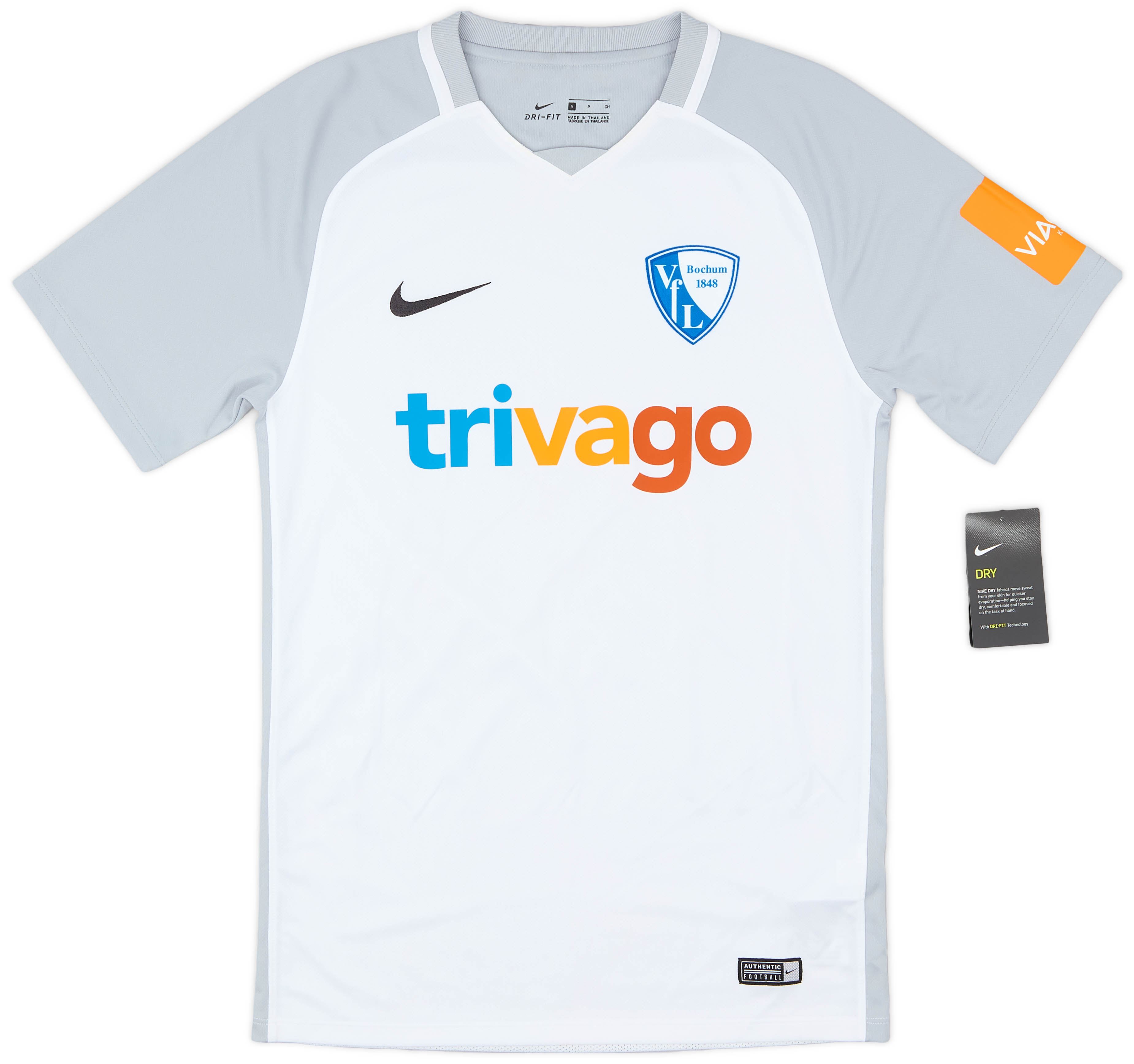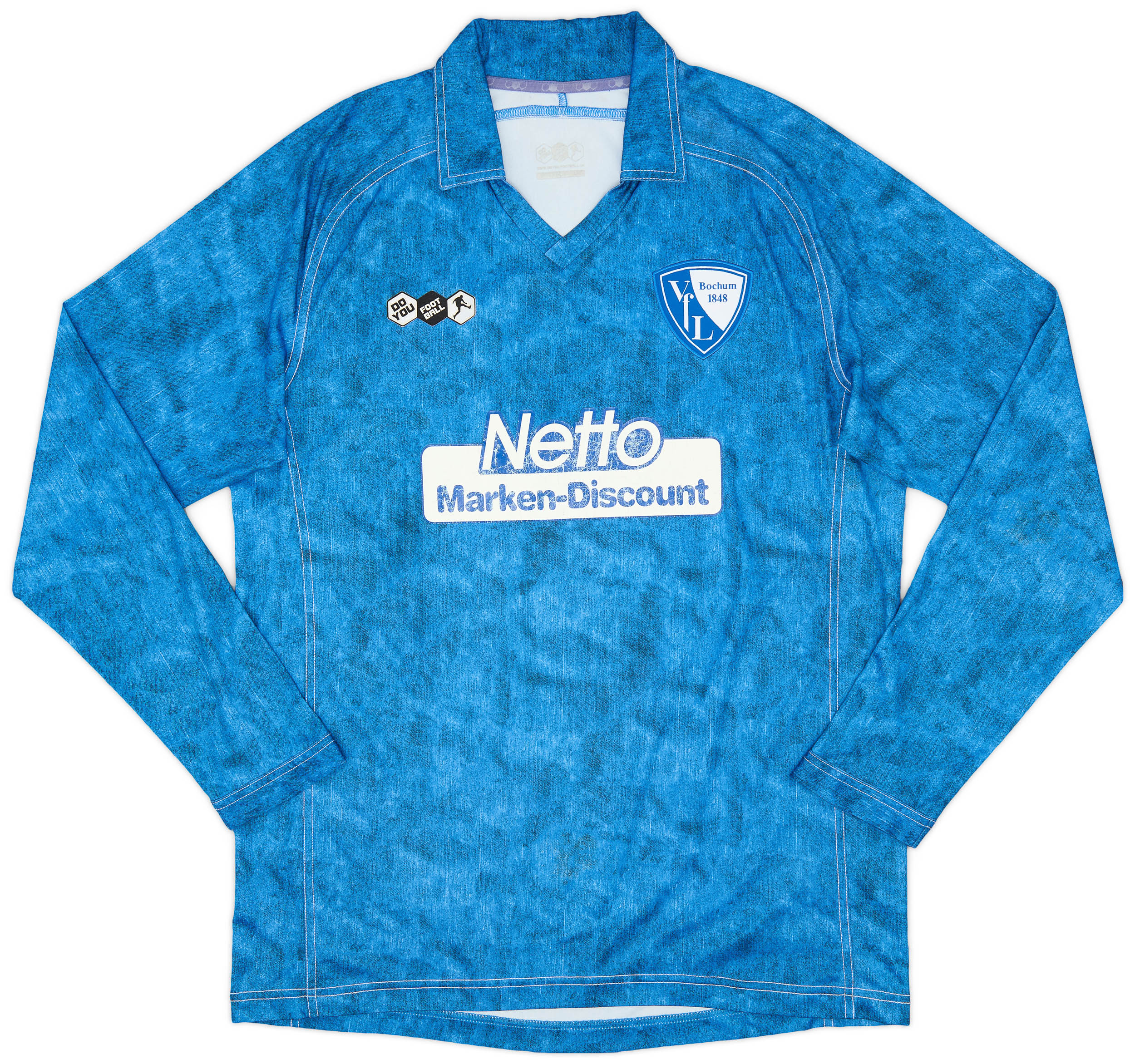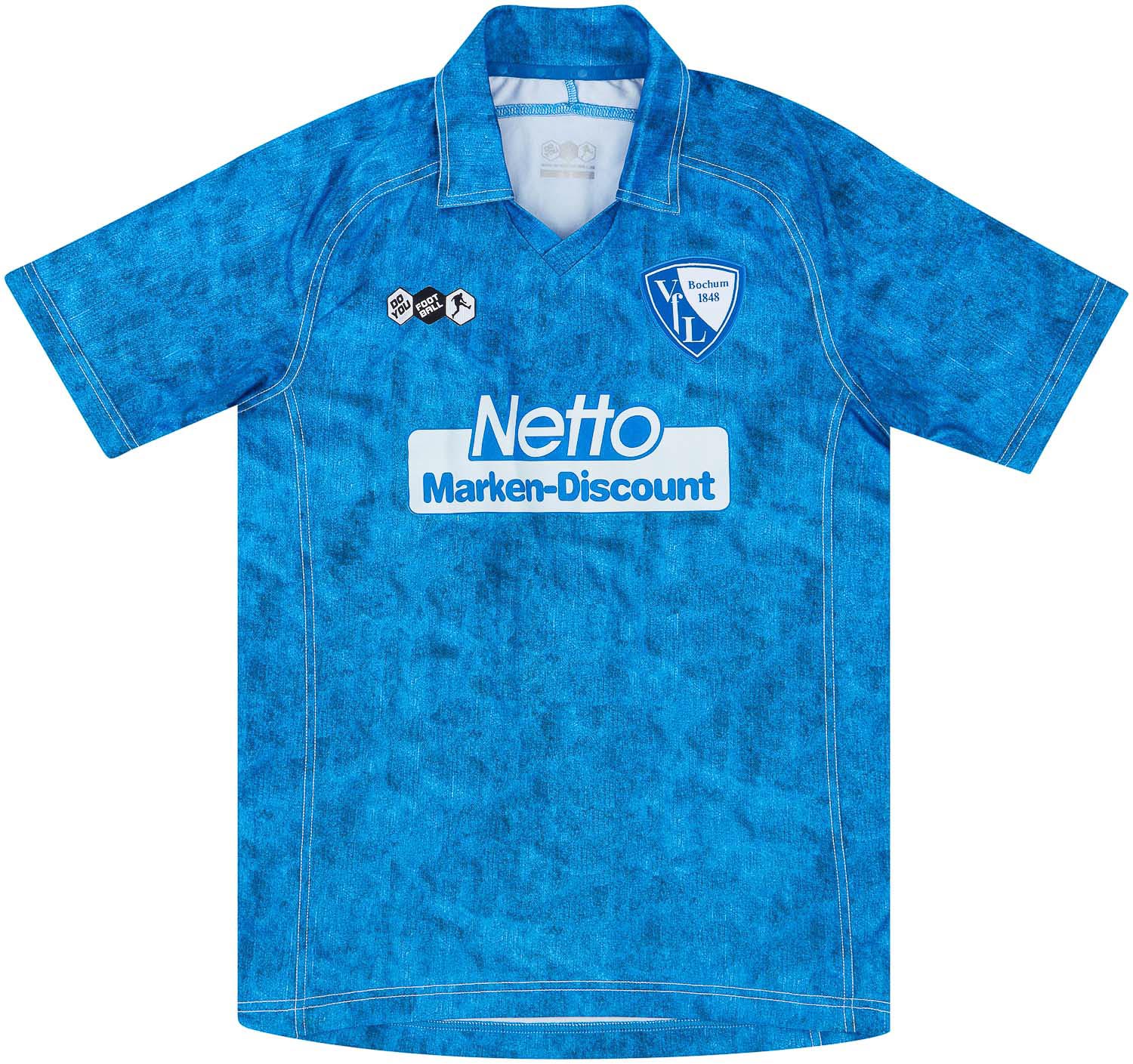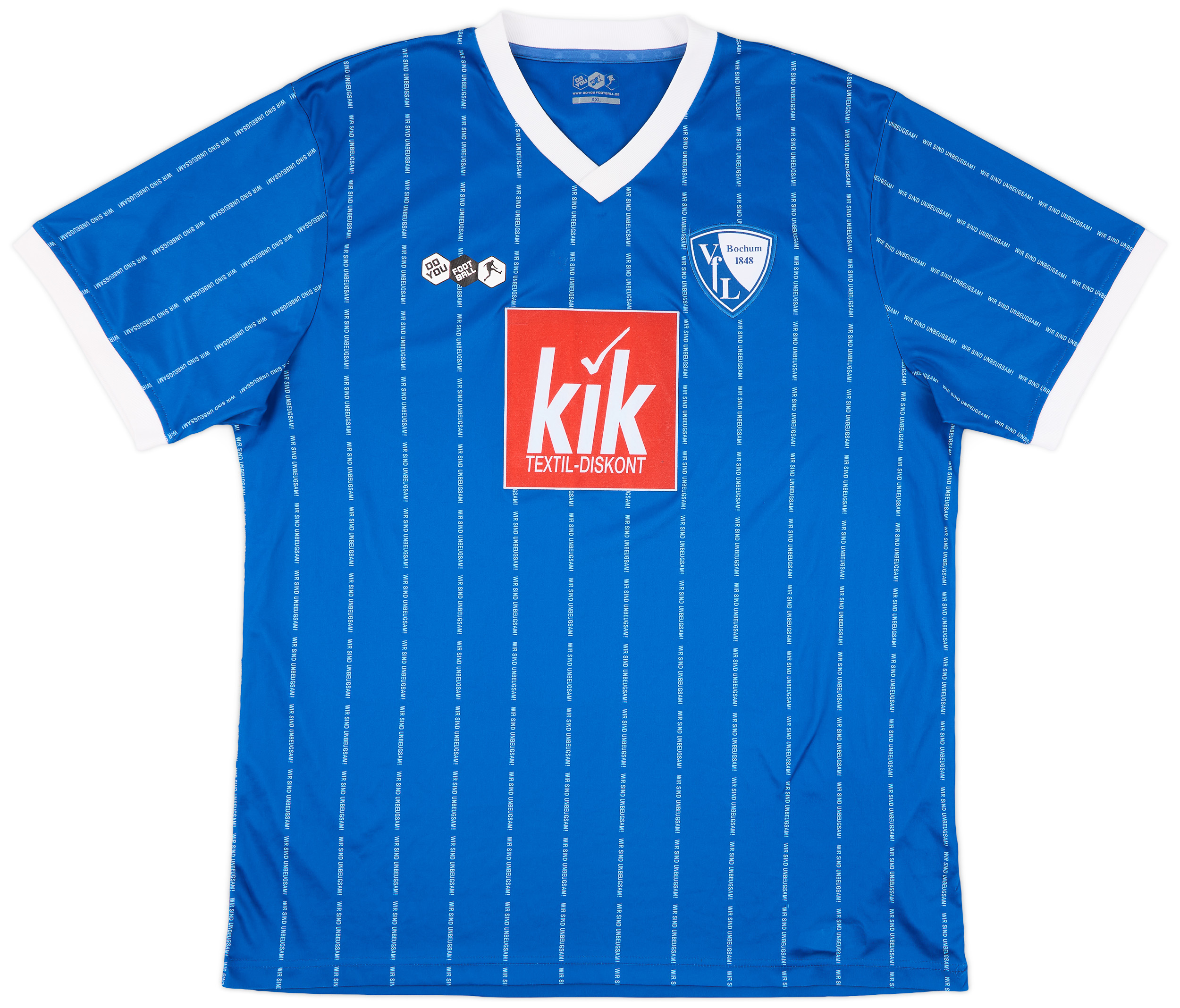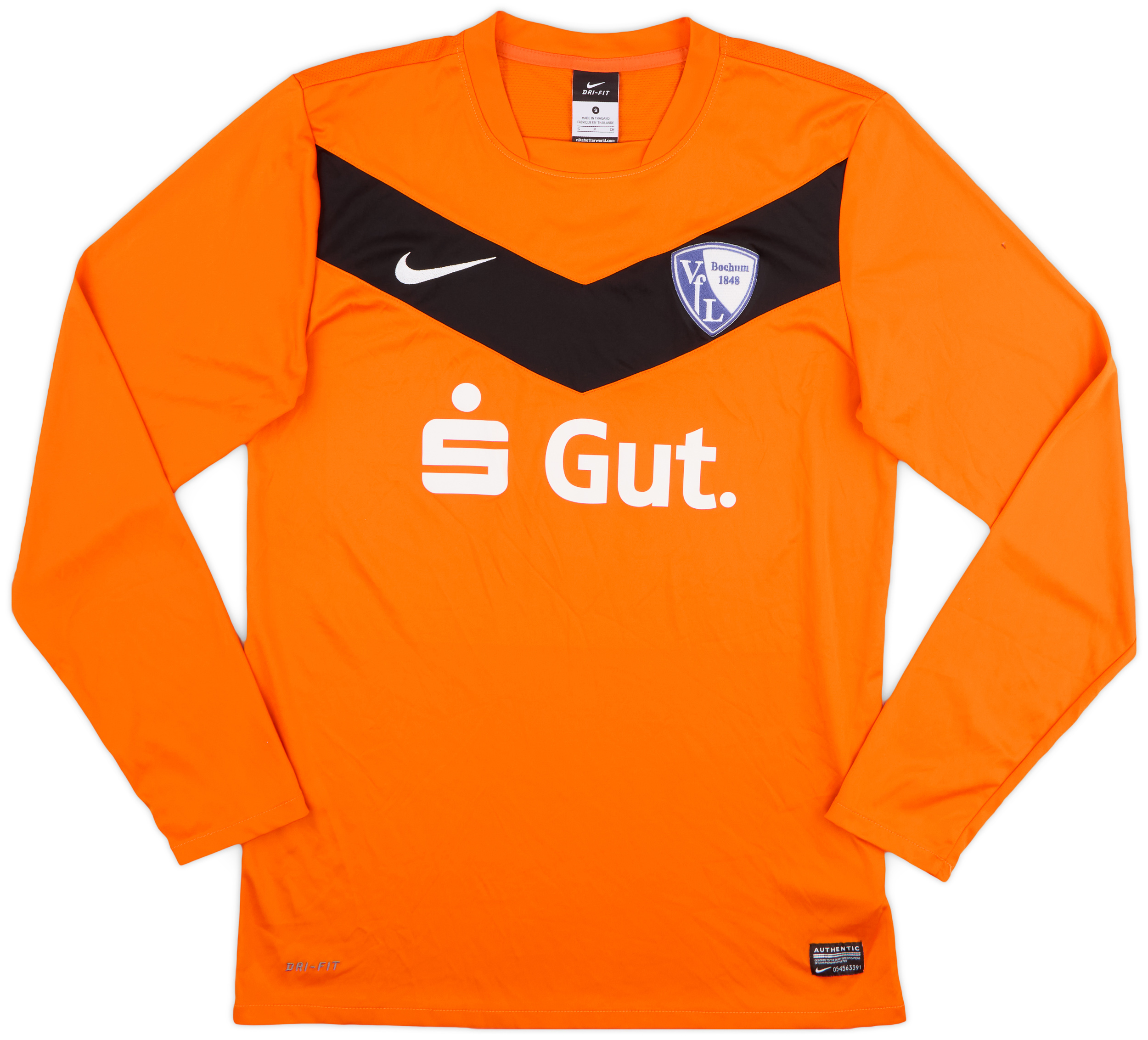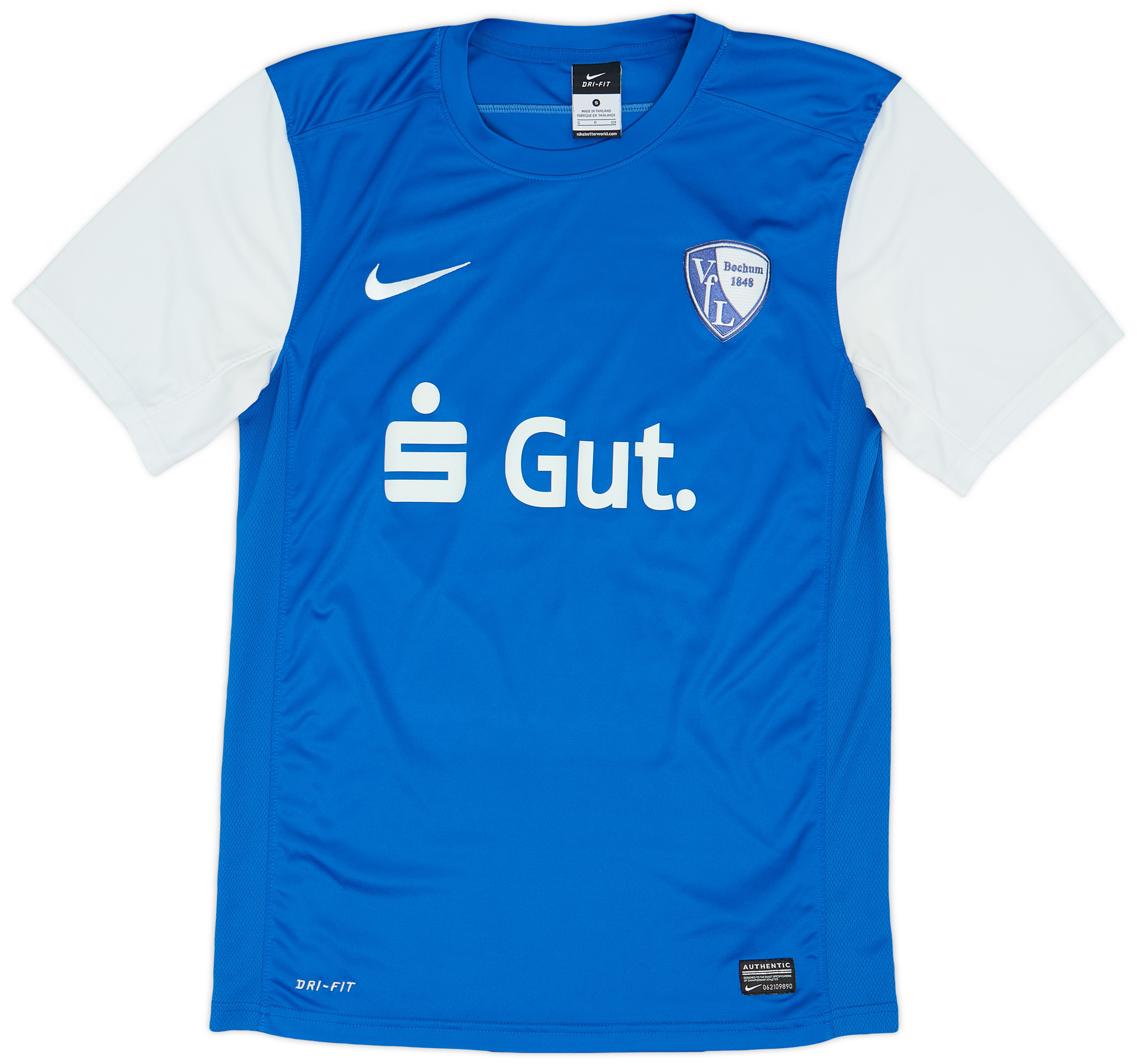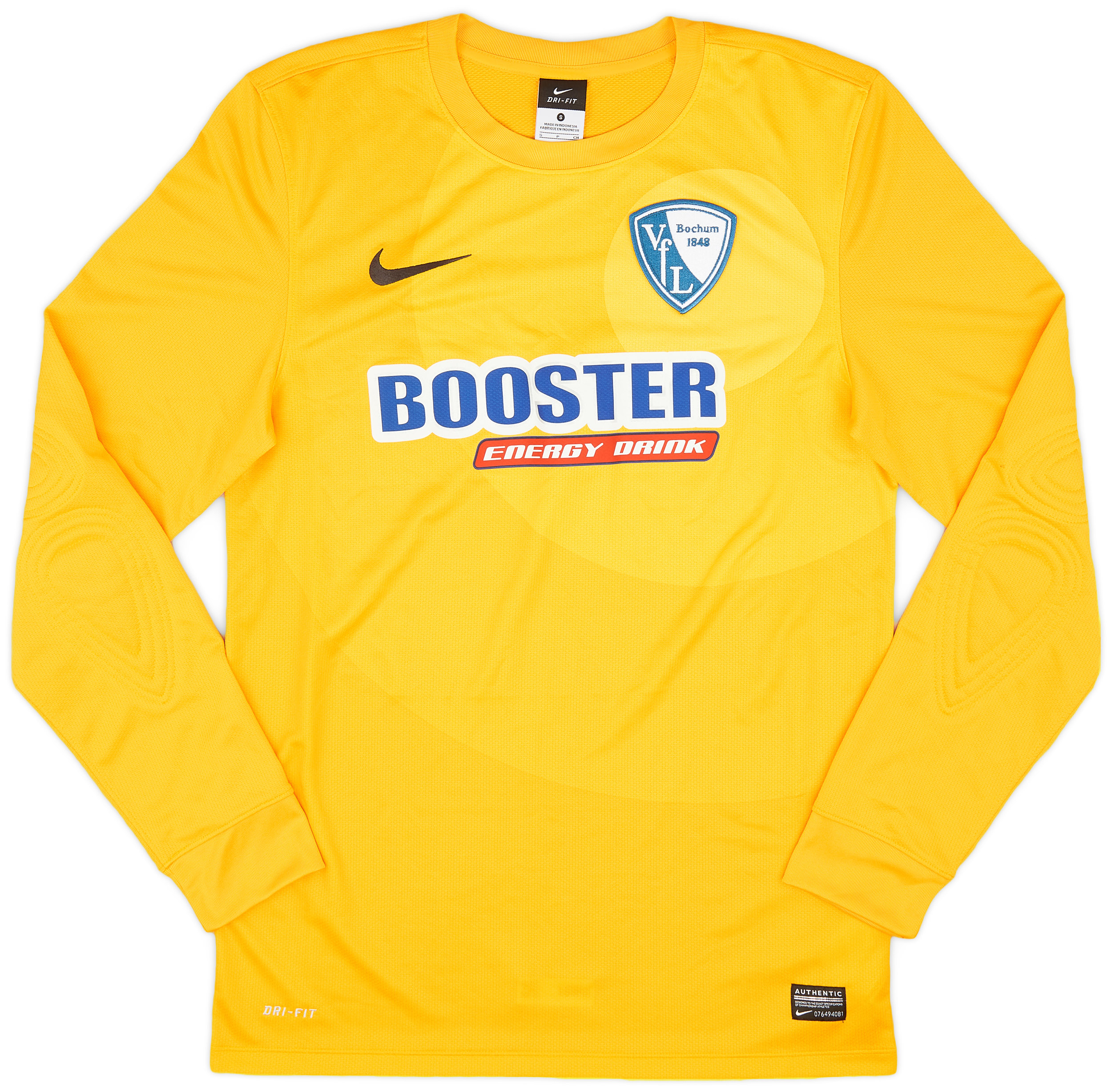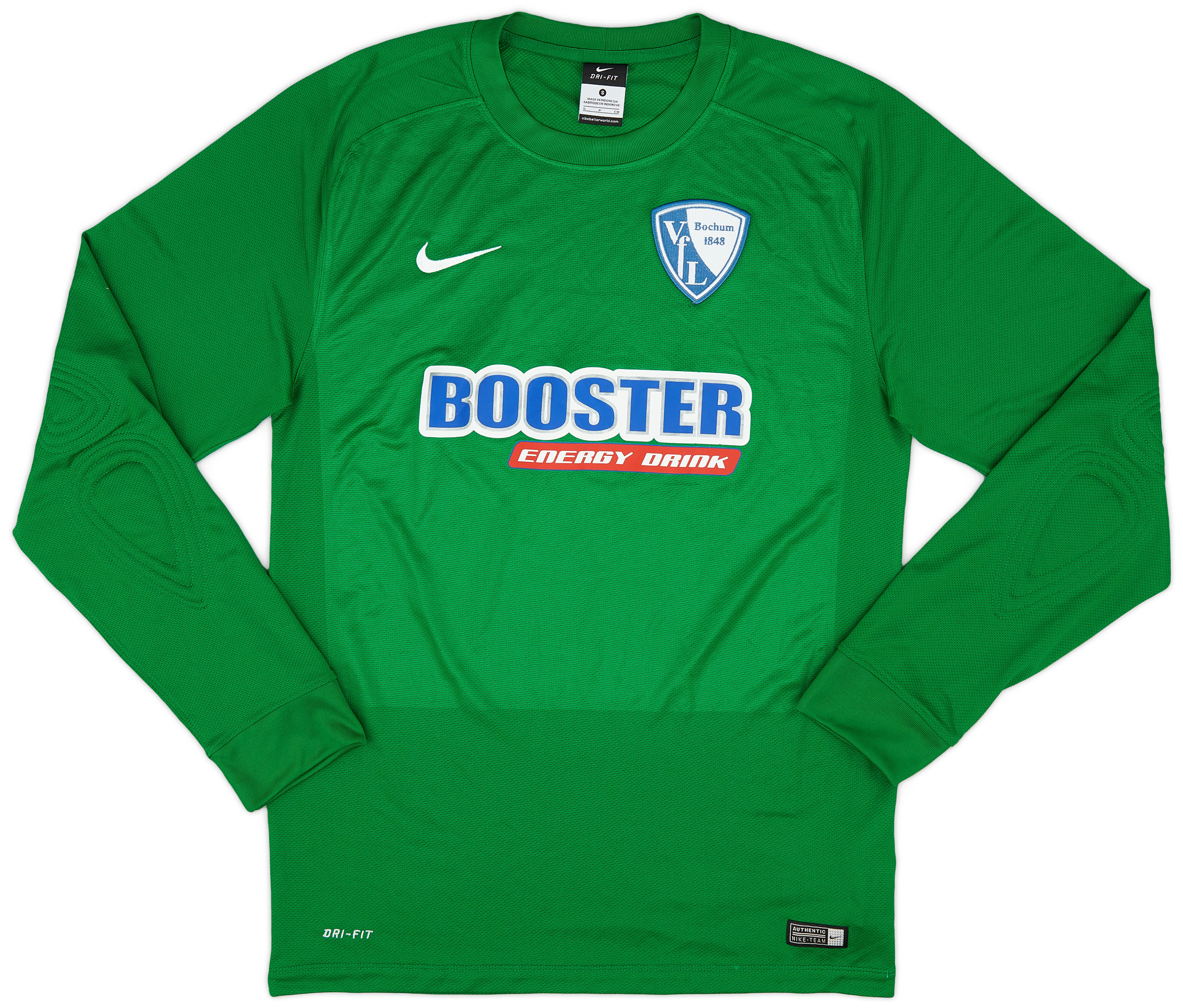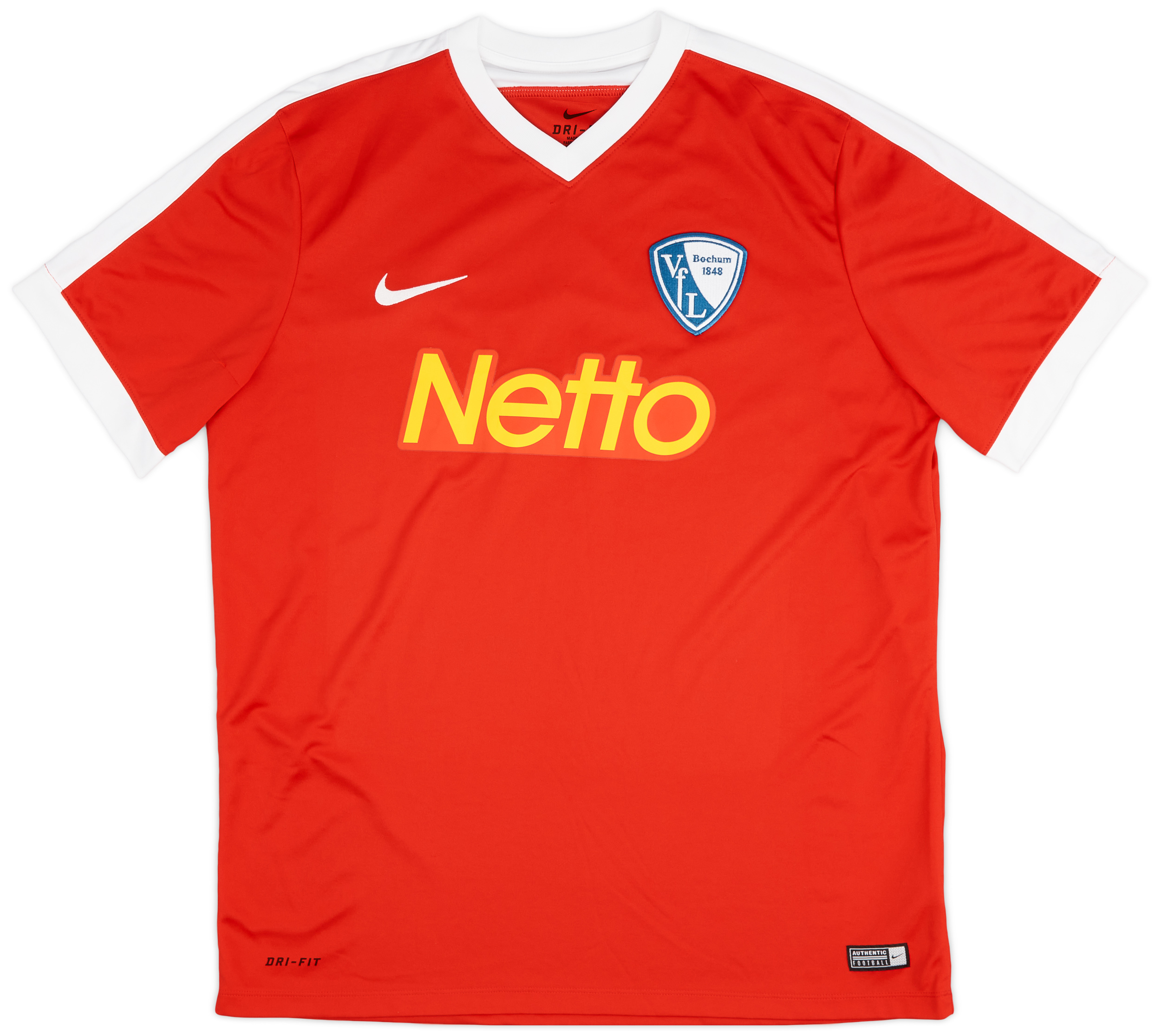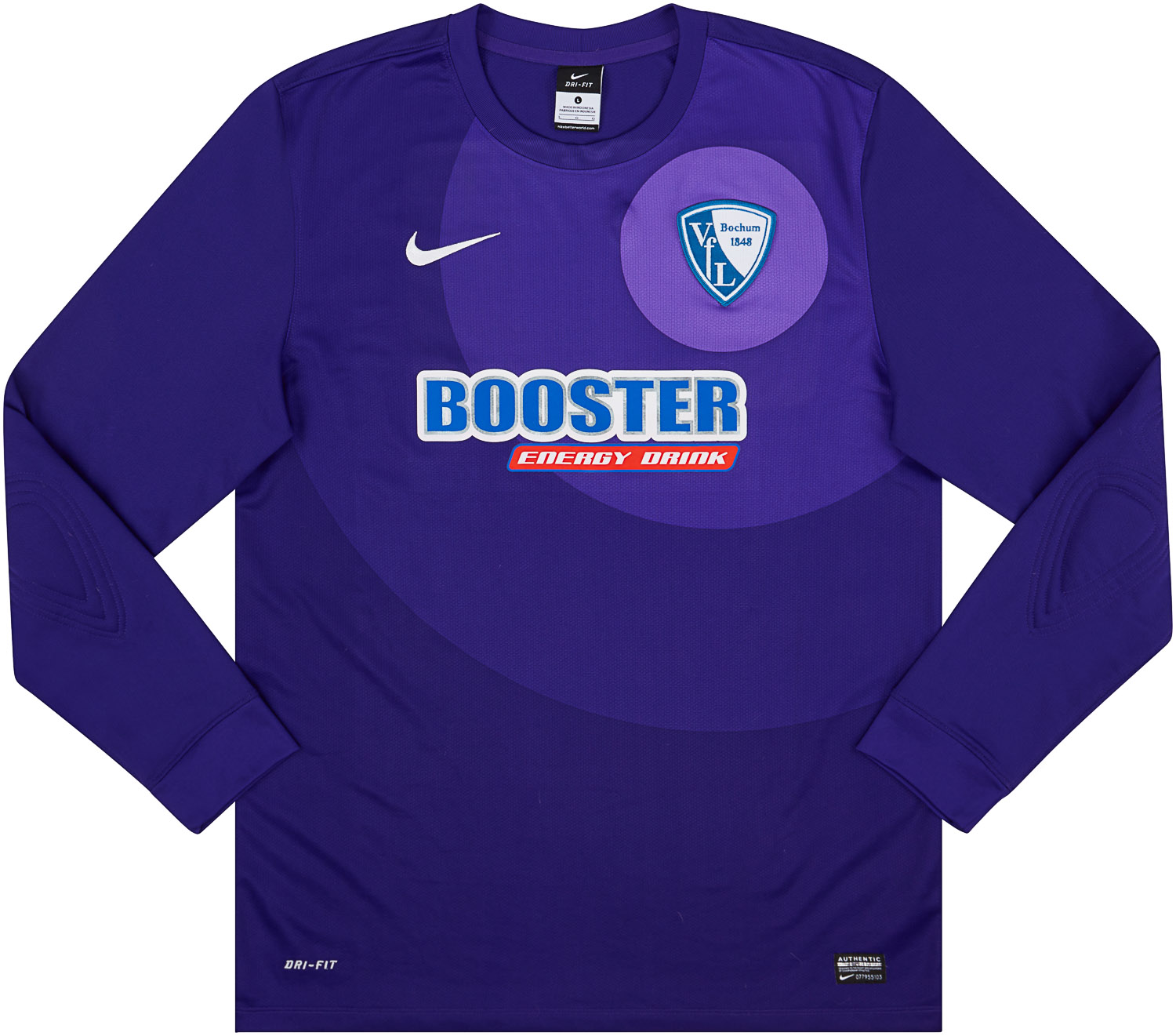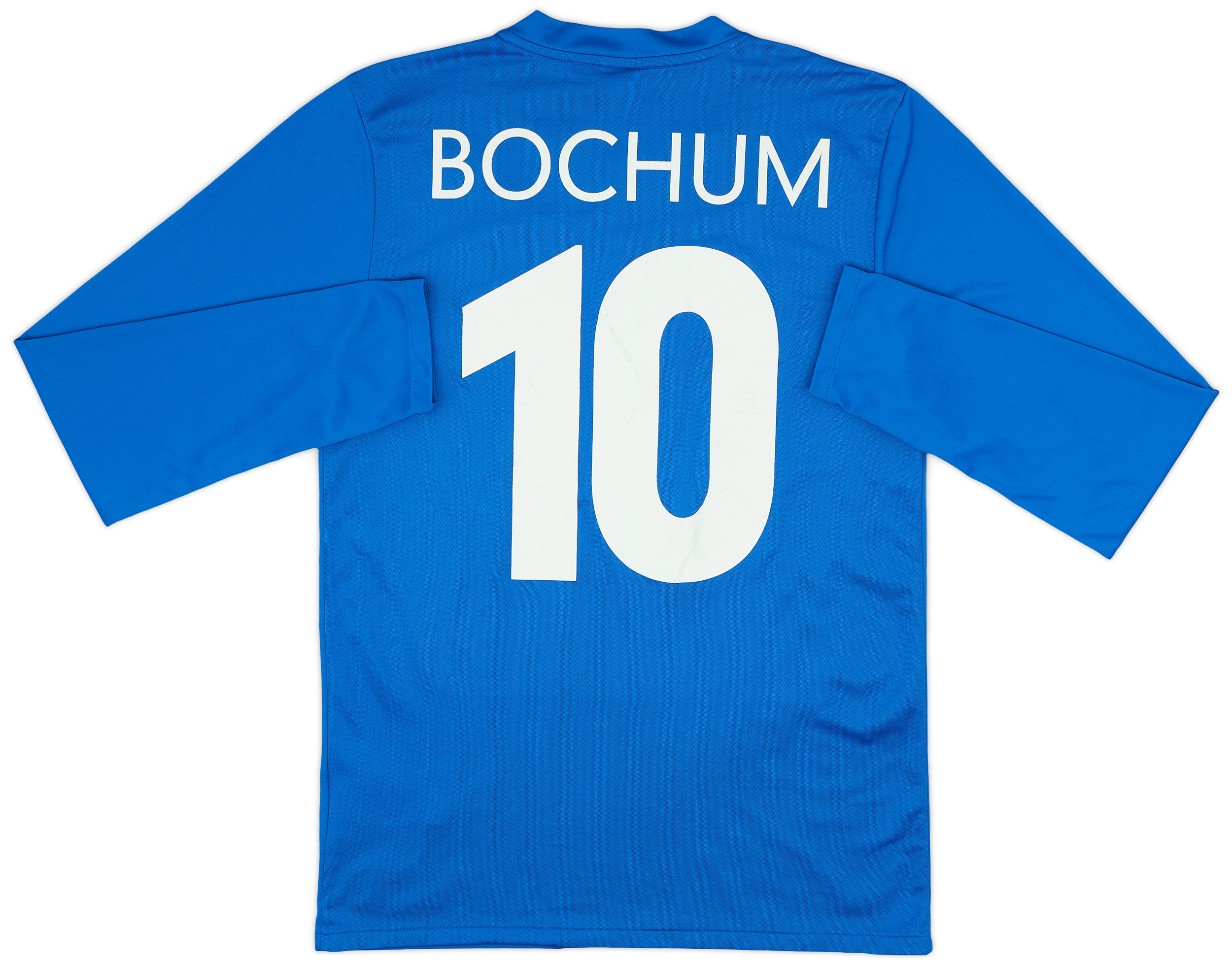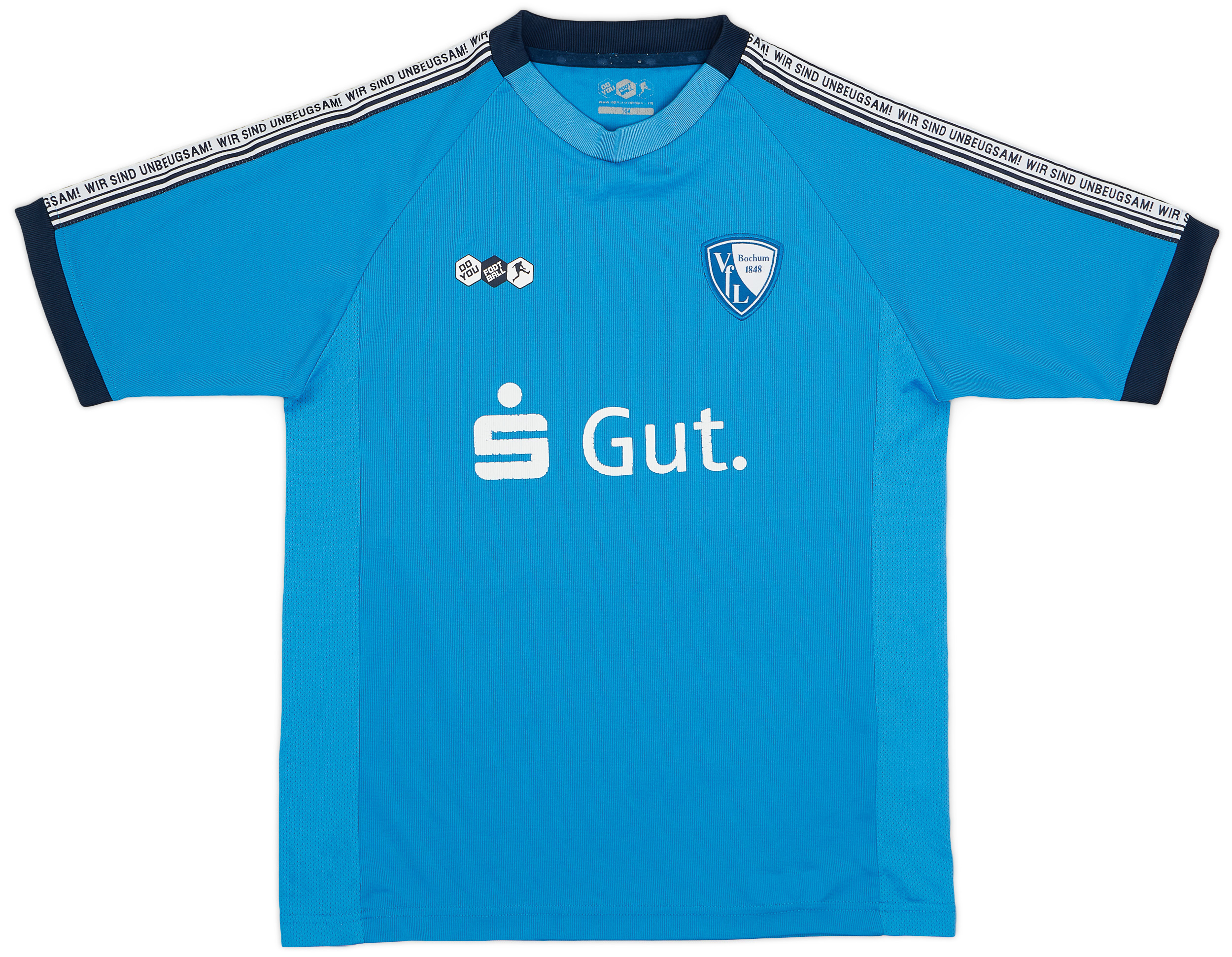Bochum
Introduction VfL Bochum, a football club born in the heart of the Ruhr area in Germany, boasts a rich history and a passionate identity that has echoed through the decades. Founded in 1848, it has cultivated a unique culture around football, becoming a symbol of resilience and local pride. The club plays its home matches […]
1992-94 VFL Bochum Away L/S Shirt - 7/10 - (XL)
177.99£ - ca: €210
2017-18 VFL Bochum Away Shirt (S)
82.99£ - ca: €98
2010-11 VFL Bochum Home L/S Shirt - 7/10 - (L)
70.99£ - ca: €84
2006-07 VFL Bochum GK Shirt - 8/10 - (M)
58.99£ - ca: €70
2011-12 Bochum Third L/S Shirt #14 - 8/10 - (M)
58.99£ - ca: €70
2010-11 VFL Bochum Home Shirt - 6/10 - (S)
58.99£ - ca: €70
2009-10 VFL Bochum Home Shirt - 9/10 - (XXL)
58.99£ - ca: €70
2008-09 VFL Bochum Home Shirt - 9/10 - (XXL)
58.99£ - ca: €70
2012-13 VFL Bochum Third L/S Shirt - 7/10 - (S)
58.99£ - ca: €70
2016-17 Bochum Away Shirt - 8/10 - (L)
58.99£ - ca: €70
2016-17 Bochum Away Shirt - 5/10 - (XL)
58.99£ - ca: €70
2012-13 VFL Bochum Home Shirt #9 - 7/10 - (S)
53.99£ - ca: €64
2013-14 VFL Bochum GK Shirt - 9/10 - (S)
47.99£ - ca: €57
2014-15 VFL Bochum GK Shirt - 9/10 - (S)
47.99£ - ca: €57
2016-17 VFL Bochum Third Shirt - 8/10 - (XL)
47.99£ - ca: €57
2014-15 VFL Bochum GK Shirt - 8/10 - (L)
41.99£ - ca: €50
2015-16 VFL Bochum GK Shirt - 9/10 - (L)
41.99£ - ca: €50
2014-15 VFL Bochum GK Shirt - 9/10 - (S)
41.99£ - ca: €50
2011-12 VFL Bochum Nike Training Shirt - 9/10 - (M)
35.99£ - ca: €42
2013-14 VFL Bochum Nike Training Shirt - 8/10 - (XL)
29.99£ - ca: €35
2013-14 Bochum Home Shirt #22 - 8/10 - (Women's S)
29.99£ - ca: €35
2008-09 VFL Bochum Do You Football Training Shirt - 9/10 - (XXL)
29.99£ - ca: €35
2011-12 VFL Bochum Youth Home L/S Shirt #10 - 6/10 - (S)
23.99£ - ca: €28
2013-14 Bochum Home Shirt - 6/10 - (XXL)
23.99£ - ca: €28
2015-16 Bochum Youth Team Nike Training Shirt - 8/10 - (S)
23.99£ - ca: €28
2010-11 VFL Bochum Do You Football Training Shirt - 6/10 - (XL.Boys)
17.99£ - ca: €21
2014-15 Bochum Women's Third Shirt #22 - 5/10 - (Men's S)
17.99£ - ca: €21
Warning: A non-numeric value encountered in /var/www/netskribent.dk/retro-football-shirt.com/wp-content/themes/boot5/single-clubs.php on line 148
Introduction
VfL Bochum, a football club born in the heart of the Ruhr area in Germany, boasts a rich history and a passionate identity that has echoed through the decades. Founded in 1848, it has cultivated a unique culture around football, becoming a symbol of resilience and local pride. The club plays its home matches at the Vonovia Ruhrstadion, a venue steeped in vibrant traditions, housing over 27,000 loyal supporters who create a formidable atmosphere on match days. Bochum’s rise through the ranks of German football showcases the efforts of players, management, and fans alike in building a competitive legacy.
Club History
VfL Bochum was originally established as a gymnastics club before embracing football in the early 20th century. The team played its first competitive match in 1903, marking the beginning of its journey in organized football. Throughout the years, Bochum experienced various league placements, suffering relegations and celebrating promotions. The club’s first significant milestone arrived in 1970 when it reached the Bundesliga, the top tier of German football. The late 1980s marked the apex of Bochum’s initial success, including their highest league finish of 3rd place in the Bundesliga during the 1996-97 season. Inclusion in European competitions during that period highlighted the club’s progress, where they participated in the UEFA Cup and established themselves amongst prominent teams in Germany.
Achievements
Bochum’s achievements encapsulate a mix of both domestic accolades and moments of European competition. The club achieved its most notable domestic success in 1978-79, when they clinched the DFB-Pokal (German Cup). This victory solidified their status as a competitive force in German football, with a memorable win over 1. FC Köln. In terms of league performance, Bochum has experienced a series of ups and downs in the Bundesliga, managing several stints in the top flight while also facing relegation to the lower divisions. The club’s resilience has been noteworthy, as they pieced together strong comeback seasons to earn promotions back to the Bundesliga. Additionally, VfL Bochum has consistently shown strength in the 2. Bundesliga, achieving multiple titles within that league.
Significant Players and Matches
Over the years, Bochum has been home to several influential players who have left indelible marks on the club’s history. Notable figures include the likes of Thomas Berthold, a key defender during the late 1980s and early 1990s, and the prolific striker, Aílton, who thrilled fans with his goal-scoring prowess. Another iconic player, Marco Stiepermann, played a critical role during his tenure, exemplifying the spirit and determination that defines Bochum. The club has also been known for producing talents who have gone on to make significant impacts on larger platforms, reinforcing Bochum’s reputation as a nurturing ground for footballing prowess.
Landmark matches in the club’s history include their dramatic 4-3 victory over Bayern Munich in 2010, showcasing Bochum’s ability to stand toe-to-toe with the mightiest teams in the league. Such moments have not only provided fans with memories to cherish but also highlighted the competitive nature of the club, often overcoming the odds in thrilling encounters.
Cultural Impact
The impact of VfL Bochum extends far beyond the football pitch; it plays a significant role in the local community and culture of Bochum. The club’s blue and white colors symbolize not just a team, but the pride and identity of the city itself. Match days bring people together, from families to decades-long fans, transforming every home game into a communal event. The dedicated fanbase of VfL Bochum is renowned for its passion and unwavering support, helping to create an electrifying atmosphere that players often describe as a driving force behind their performances.
In recent years, the club has also engaged more actively with the community through various initiatives, building ties that resonate with local values. Such efforts emphasize the significance of football in fostering community spirit, with Bochum becoming a focal point for social engagement and local pride.
Conclusion
VfL Bochum holds a prominent place in the fabric of German football history. The club’s exciting journey through highs and lows demonstrates not only resilience but also reflects the passion and dedication of its supporters. With a future that looks to further establish its legacy, Bochum continues to build on its rich tradition and cultural significance. As the club marches forward, it remains a beacon of hope and determination for its fans, embodying the spirit of a community eager to celebrate the beautiful game.

